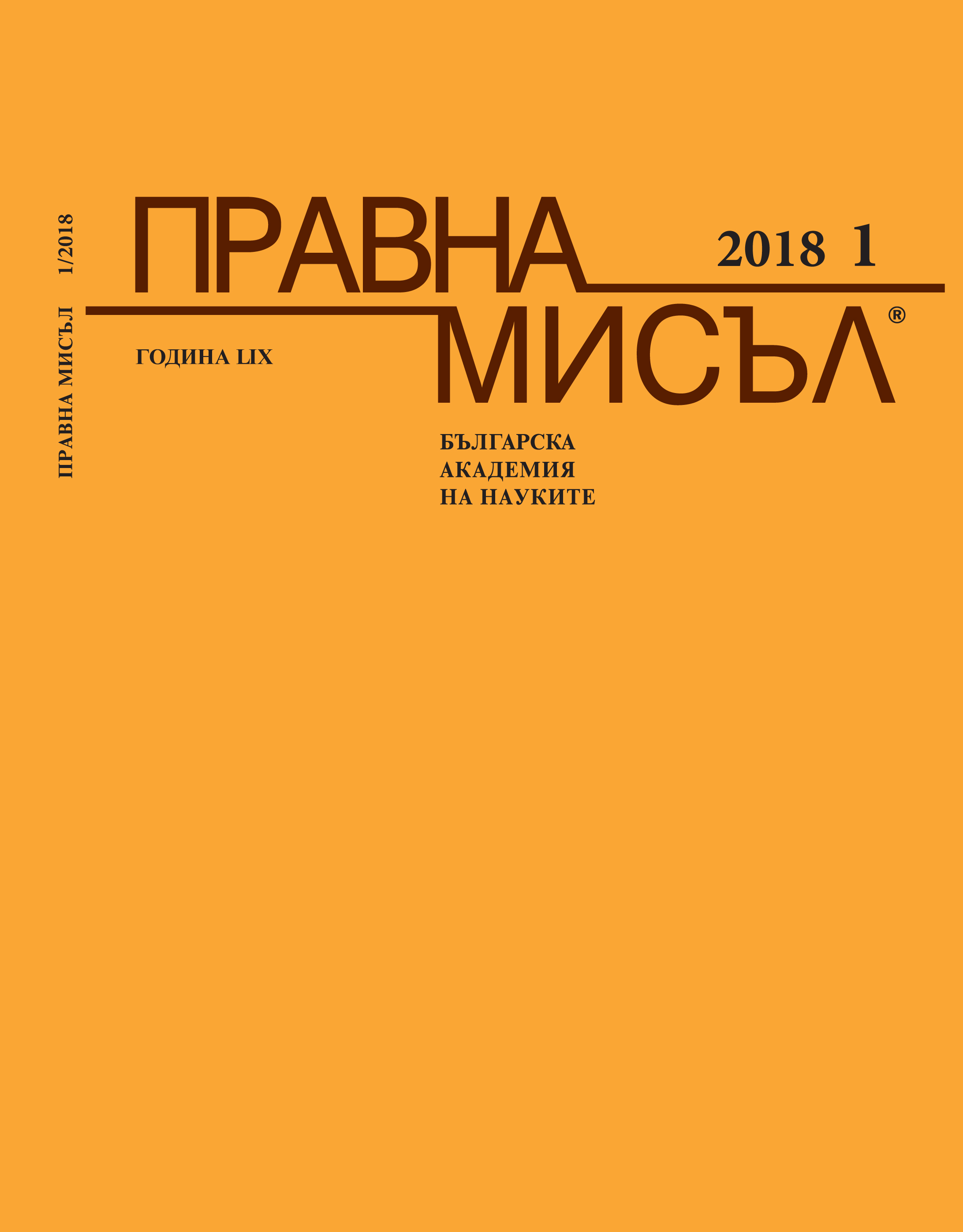Проверките за почтеност като част от борбата с корупцията и защитата на правата на човека: европейските стандарти и практиката на Европейския съд за правата на човека
Integrity Checks as Anticorruption Tool and the protection of Human Rights: European Standards and the Case Law of the European Court for Human rights
Author(s): Diana KovachevaSubject(s): Law, Constitution, Jurisprudence, International Law, Human Rights and Humanitarian Law
Published by: Институт за държавата и правото - Българска академия на науките
Keywords: Corruption; Human rights; integrity checks; right to fair trail; right to private life; European Court for Human rights; European Convention for Human Rights; Venice Commission
Summary/Abstract: The fight against corruption is one of the cornerstones of the rule of law but the protection of human rights is among its key elements as well. The link between corruption and human rights can be seen twofold: on the one hand, corruption infringes all recognized human rights, but on the other – integrity checks, as a mechanism for prevention of corruption, can also lead to serious violations of human rights. The latter is tackled by the Venice Commission and the European Court of Human Rights (ECtHR). The European standard for human rights protection does not forbid the use of integrity checks as a tool for curbing corruption and recognises their importance for the contemporary approaches to combat serious crimes. Despite of this, in the context of the implementation of integrity checks the case law of the ECtHR highlights a big number of violations of human rights related mainly to art. 6 (right to fair trail) and art. 8 (right to private and family life) from the ECHR. In the article the author puts an accent on the standards for integrity checks from the point of view of the practice of the ECtHR. In the context of the violations of art. 6 the focus is put on the use of undercover operations and agents, the incitement of bribe, the collection and use of evidences. In view of art. 8, the main issues are related to secret surveillance, tapping of telephones and surveillance of correspondence of physical and legal persons, and GPS surveillance. Special attention is paid to the specific test the ECtHR uses in order to determine infringements of art. 8: whether the interference was in accordance with the law, whether it had a legitimate aim and was the interference necessary in a democratic society.
Journal: Правна мисъл
- Issue Year: LIX/2018
- Issue No: 1
- Page Range: 59-81
- Page Count: 23
- Language: Bulgarian
- Content File-PDF

